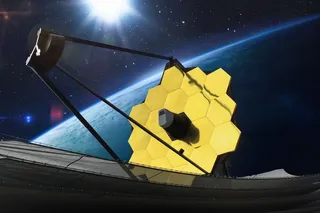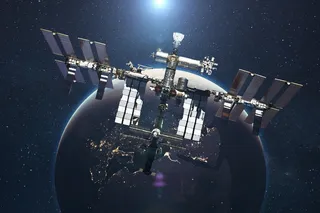NASA officials have long pronounced themselves ready to move on from the aging space shuttles, which could be retired as soon as 2010, but the incoming Barack Obama administration has raised new doubts about what the next step should be. Last week, news reports surfaced that Obama's transition team was questioning NASA about alternatives to the Ares I rocket that is currently under development as the shuttle's replacement, and now transition team members are reportedly considering using modified military rockets instead.
No decision has been made and the concept raises major technical, funding and policy issues. But in recent weeks, the transition team assigned to [NASA] has been asking aerospace industry officials about the feasibility of such a dramatic shift in priorities [The Wall Street Journal].
The Ares I rocket is designed to bring the new Orion crew capsule to the International Space Station, and eventually back to the moon ...













